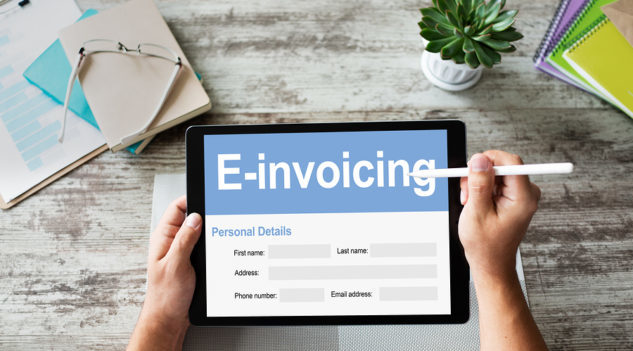Business and government leaders have called on the small-business community to act quickly on moving away from paper invoicing in favour of e-invoicing.
The call – supported by over 200 Australian business leaders along with representatives from the ATO, PWC, Council for Small Business Australia, and the Australian Small Business and Family Enterprise Ombudsman after the attended an online event organised by e-Invoicing tech developers OZEDI – comes in light of a recent report that an overwhelming 89 per cent of small business still use paper-based or PDF invoices. Because of this, 20 per cent of these invoices were found to be sent to the wrong person and over 30 per cent have the wrong information entered, further delaying payment.
“e-Invoicing addresses all those issues plus the explosion of invoicing fraud through using an internationally recognised digital post office to securely send and receive documents,” OZEDI Director David Field, who has worked with the Federal Government on the e-Invoicing standard, said.
“It is also 75 per cent cheaper than paper-based invoicing, so the only real barrier we see is awareness, which is why OZEDI has been working with a range of partners to change that,” Field added.
Australian Small Business and Family Enterprise Ombudsman Kate Carnell pointed out that fraud and slow payment times were a growing issue for small business, issues that e-Invoicing would help address.
“The great thing about e-Invoicing is there is no cheque and there is no mail,” Carnell said. “We hear dreadful stories about invoices being intercepted (online or via mail). That can’t happen with e-Invoicing. We also know that digitised small business are 30 per cent more likely to be growing. And by the middle of 2021 the majority of software packages small business use will be e-Invoiced enabled.”
Martin Mane, the ATO’s Assistant Commissioner, highlighted the ATO’s commitment to providing both a multi-layered approach to security in the sending of e-Invoices and accrediting the service providers who offer e-Invoicing.
“The ATO doesn’t see or receive any of the information going between the parties,” Mane explained. “For many business there will be though a whole lot of time e-Invoicing will save as it will cut back data entry. We think it’s going to be a massive benefit for the entire Australian economy.”
Brady Dever, Partner at PWC described the shift to e-Invoicing as the “perfect antidote” to closing the gap between invoicing date and payment received. However, he warned that to achieve a network effect in the adoption of e-Invoicing, traditional methods may have to be no longer accepted by business and Government.
“There are multiple ways you can send invoices today. We have to start thinking about how we take some of those other channels away,” Dever said.













